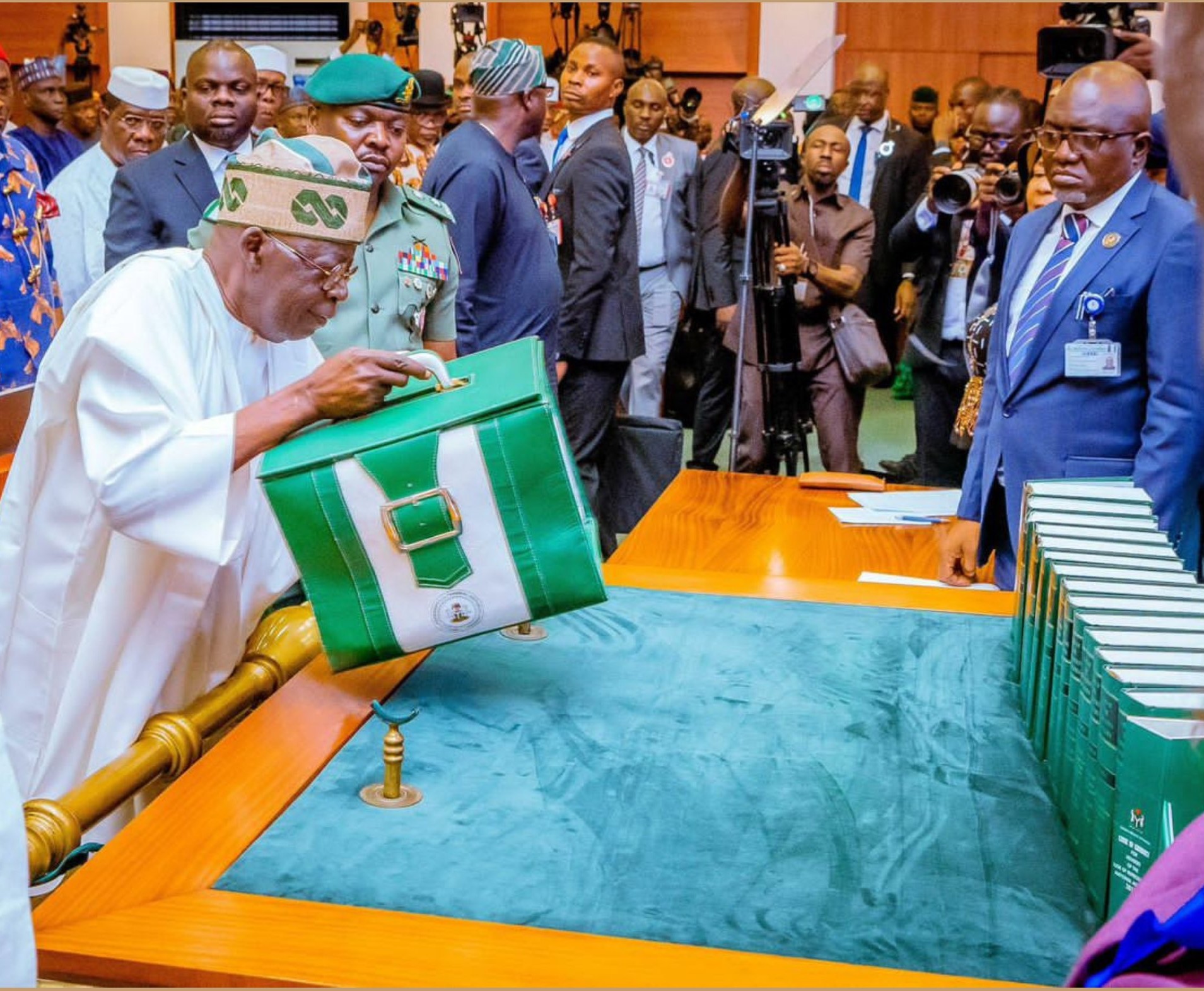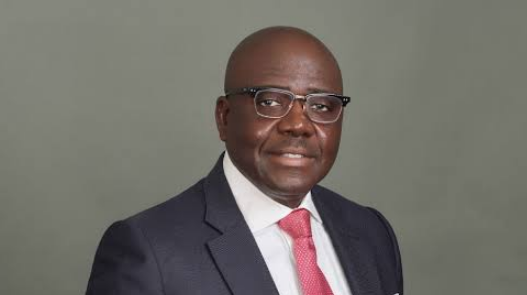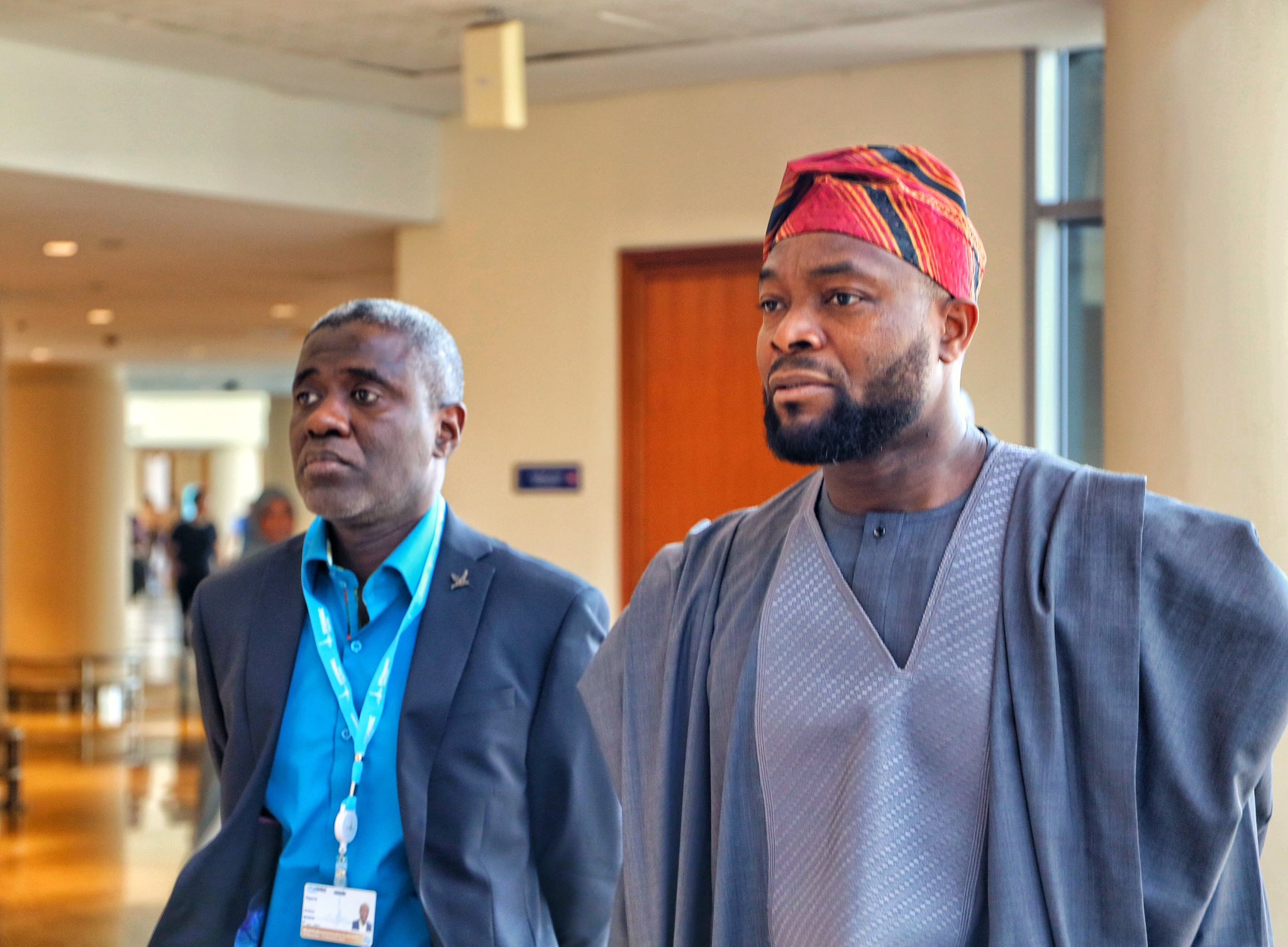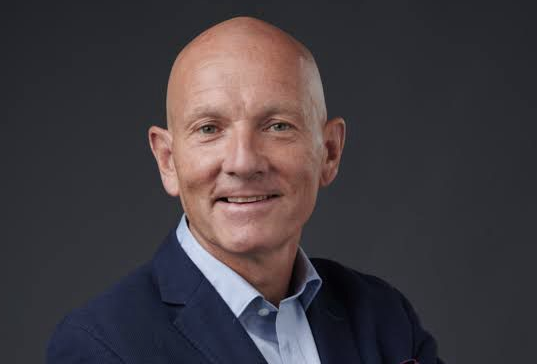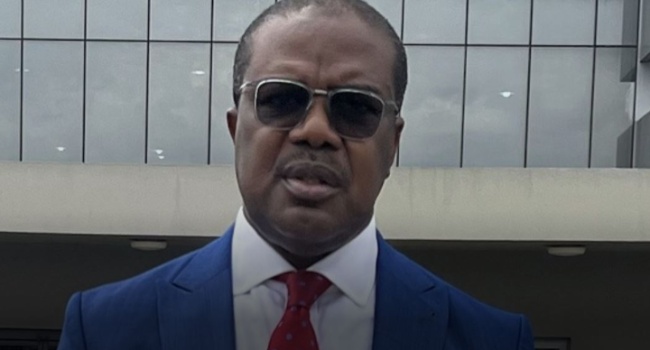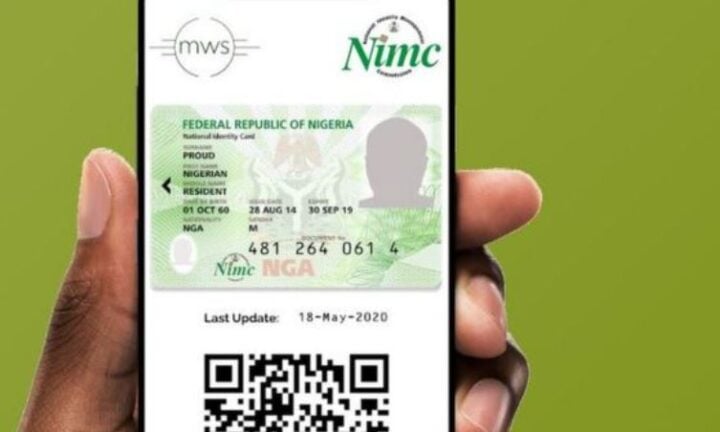Fellow Nigerians, we can expect that fuel prices will continue to go up, as well as the naira exchange rate and the general inflation in the weeks and months ahead. Welcome to more pains ahead.
When President Bola Ahmed Tinubu in his inaugural day address on May 29, 2023, announced the removal of subsidy on petroleum products as well as the merger of the naira exchange rates, Nigerians were led to believe we are on our way to a fundamental transformation of the economy to set us on similar path with peer group countries on the G20 who are now punching their weight on the global economic scene.
Down the road however rather than the Prometheus unbound which the administration promised, what we now have in place is a genie of economic and social pestilence unleashed on the hapless Nigerian people in which the devil is free to help himself to the hindmost.
In this regard, Nigerians expected President Tinubu’s first budget to lay out a comprehensive economic plan that would chart Nigeria’s economic future. But it turned out to be a mere anthology of figures not different in intent and content from previous budgets in this country. Indeed this is an administration that right from the starting blocks signalled that it was ready to unshackle the economy from the privileges and structural defects that had stymied growth and development in the country over the years.
Advertisement
However, a deep look at President Tinubu’s Budget 2024 indicates that contrary to what he told Nigerians, this budget is essentially about sharing out the subsidies that were pared down from the services Nigerians enjoyed as of right from their God-given resources, and allocating them to the privileged and powerful few. In effect, subsidies have been taken from the poor in a robbing Peter to pay Paul style to subsidise the lifestyle of the few. The same applies to the exchange rate which has become out of reach of the small and medium businesses that form the bedrock of the Nigerian economy.
For all practical purposes, President Tinubu’s budget for 2024 seeks to put a stamp of imprimatur on the massive, unprecedented heist of resources meant for the well-being of Nigerians in the name of removal of inefficient subsidies in the economy.
In fundamental terms, although we have been made to believe and expect that the economic policies of the administration will cut waste and eliminate structural defects in the economy, in reality, the intent and content of the Tinubu administration is to squeeze out what little financial power from the hands of the small man and use it to create and empower a new class of Nigerian political and economic oligarchs.
Advertisement
The provision of the 2024 budget which allocates more than half on recurrent expenditure on appointees and cronies of the administration and capital expenditure on projects to the same privileged few in the government’s circle is a clear indication of this. Indeed in the annals of Nigerian history, no government has shown itself to be more unapologetically against the Nigerian people as the Tinubu administration.
Against this background, the entire basis of President Tinubu’s Budget 2024 which is largely based on the premise of an exchange rate of N750 naira to the dollar and a benchmark price of crude oil at $77 is a disappointing anti-climax. There is also the unresolved contradiction between President Tinubu’s resort to borrowing even with the already crushing debt burden and Finance Minister Wale Edun’s preference for levying taxes domestically to shore up government revenues.
The premise of pegging the budget on the exchange rate of a currency which we neither produce nor control is flawed budgetary economics. First of all, if the exchange rate of the currency you are pegging fluctuates downwards below your corresponding rate, you automatically incur deficits in your budget projections. If on the other hand, it goes above your rate in an import-based economy like ours the corollary is in the rising cost of imports resulting in inflation of goods and services. And in addition, it must be stated that when the rate goes up fortuitously as happened so often in the past the difference gets diverted and is lost in the labyrinthine world of the Nigerian economy. So in effect whichever way the dollar goes, we almost always end up in deficit.
The simple truth is that the people who own and control the dollar on which we peg our budget are indifferent to our attention on their currency and are not necessarily obliged to consider our interest when running theirs. That perhaps partly explains why we are always running deficits in our budgets and why we never seem to be able to close the circle in our monetary policies. Back when we ran our budgets without pegging it to any currency what deficits recorded were realistic and manageable.
Advertisement
Another assumption of the 2024 budget is benchmarking the price of crude oil at $77.6 dollars per barrel. Let us get to the brass tacks here. Fundamentally our crude oil production is set by the Organization of Petroleum Exporting Countries (OPEC) which allocates a specific production quota that we cannot exceed. Going further, as we are not a major player in the entire value chain of the global oil and gas industry, we are at the mercy of prices determined by the major players who control the industry.
Thus the volatility of the global crude oil market renders our budget benchmark price for oil revenues uncertain. As with the exchange rate issue, whenever crude oil prices go up and considering that we import most of the petroleum products used in the country, there is a corresponding rise in the landing and distribution cost of the commodity which results in all-around inflation across all sectors of the economy.
If on the other hand, crude oil prices go down, this affects the revenue projections of the government based on the benchmark price. This again leads to budgetary deficits which invariably affect our monetary policies negatively. Whichever way, we always cannot avoid deficits in our economy.
Is this the ‘’Renewed Hope’’ promised to Nigerians by President Tinubu?
Advertisement
(To be continued).
Gadu can be reached via [email protected] or 08035355706 (texts only)
Advertisement
Views expressed by contributors are strictly personal and not of TheCable.
Add a comment

